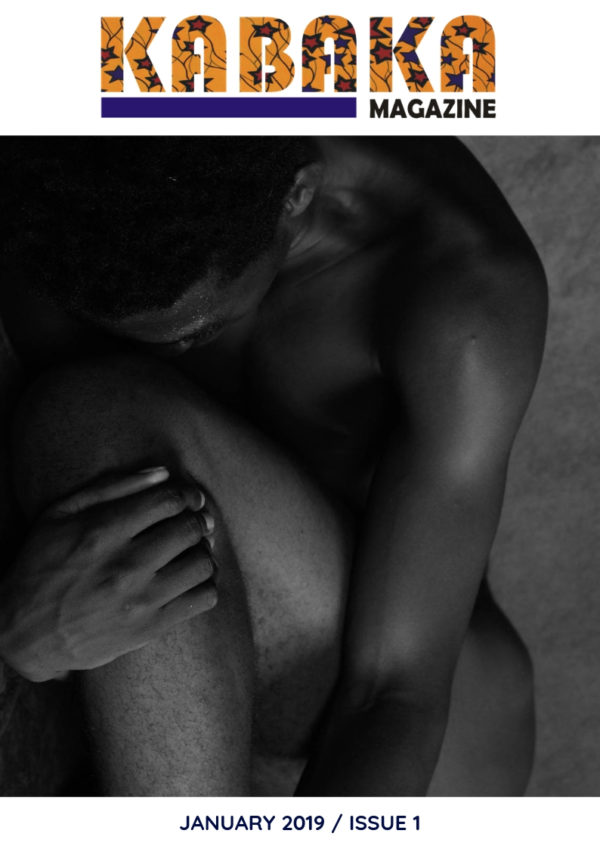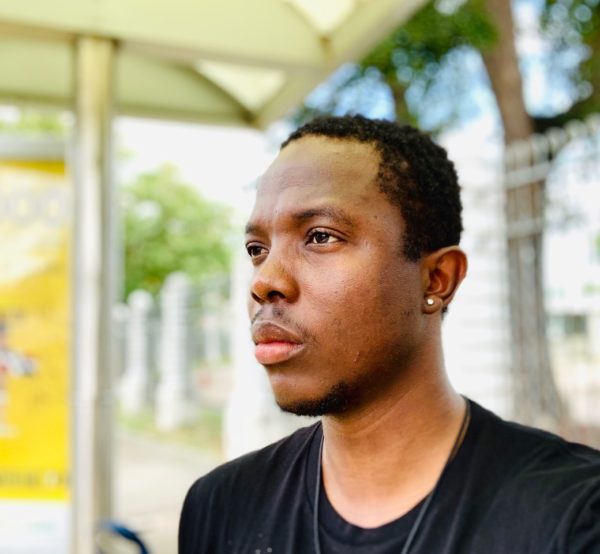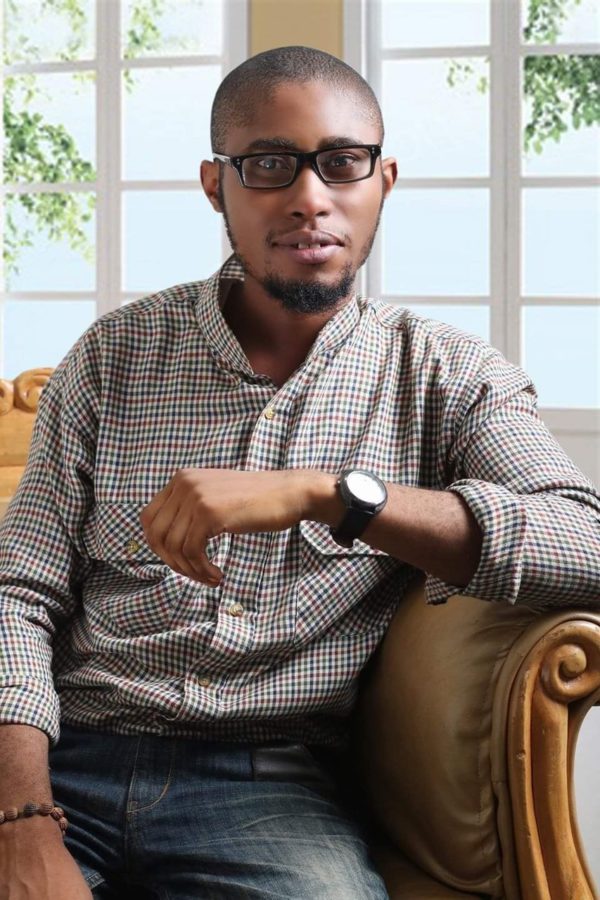
In late 2016, the Nigerian poets Romeo Oriogun and Chibuihe Achimba began discussing the possibility of creating a platform for queer writers. Both writers had no clout then, no precedent to model their idea on, and were driven only by years of receiving rejection emails from African magazine editors who repeatedly emphasized that they did not publish “poetry promoting homosexuality.” This was months after Praxis magazine published Oriogun’s poetry chapbook Burnt Men, the first such collection focusing on queer men in Nigeria, and the author had endured homophobic trolls and threats. The two had found little institutional support for writing about queerness, which meant that their work circulated in the same platforms: Praxis magazine; Expound magazine, where Achimba was on the editorial team; Brittle Paper, where most of Oriogun’s poems have appeared.
Things changed for them in 2017, for better and for worse. In May, Oriogun won the Brunel International African Poetry Prize, launching him to continental stardom. Days later, he was assaulted in the town he lived for depicting homosexual males in his poems, a development followed by intense online bullying by a circle of Nigerian writers. On May 17, the International Day against Homophobia, Transphobia and Biphobia, partly in response to the assault on Oriogun, Achimba wrote a widely-shared essay, “We’re Queer, We’re Here,” which probes the absence of the queer body in Nigerian literature. Within weeks, he was kidnapped. Their situations were even more jarring given the curious silence of specific Nigerian literary organisations part of whose job it should be to look out for writers in the way of harm. What happened was proof that, in the Nigerian literary community, the queer writer’s enemy was institutional. What their experiences did was quicken their plans for a space for queer voices, and so Kabaka: A Magazine of Arts and Literature came into being.

The name Kabaka—the title of the kings of the Buganda kingdom in Uganda—was inspired by the 19th century monarch Mwanga II, who was gay. In choosing this name, Oriogun and Achimba intend the magazine to honour the visible long history of queerness as very African, something that religion, politics and even academia on the continent have tried to undermine.
On the continental level, while there have been anthologies—among which are the LAMBDA Award-winning Queer Africa: New and Collected Fiction (2014), edited by Karen Martin and Makhosazana Xaba; Blessed Body: The Secret Lives of LGBT Nigerian Lesbian, Gay, Bisexual and Transgender (2016), edited by Unoma Azuah; and most recently, She Called Me Woman: Nigeria’s Queer Women Speak (2018), the first Nigerian anthology of queer female experiences, co-edited by Azeenarh Mohammed, Chitra Nagarajan, and Rafeeat Aliyu—and a groundbreaking prize in the Gerald Kraak Prize, there appear to be only one magazine focusing on only literature about queer lives: the Nigeria-based 14, which has released two anthologies via Brittle Paper: We Are Flowers (2017) and The Inward Gaze (2018). The addition of Kabaka to these is heartwarming.

The Kabaka team comprises: Romeo Oriogun as Managing Editor, Chibuihe Achimba as Photography and Arts Editor, Emma Paulet as Fiction Editor, Pieter Odendaal as Poetry Editor, and Adefolami Ademola as Social Media Manager.
The magazine’s Issue I includes work by Kanyinsola Olorunninsola, Chukwuemeka Akachi, Akpa Arinzechukwu, Brittle Paper Award for Poetry winner Itiola Jones, Kopano Maroga, Salimah Valiani, Ruth Sutoye, Abigail George, Alistair Mackay, and Kamnelechukwu Obasi.
“I have always believed that our stories need to be told,” Oriogun writes in the Introduction, “that we need to create platforms through which we can curate and shape these stories, especially when there are very few literary journals willing to publish our stories on the continent except if we’ve won or been shortlisted for a major award. We must find a language to write into existence what has been done to us.” At no point have the amplification of, and the engagement of the realities of, queer African voices been more necessary. At no point have queer writers been more equipped to do so.
Brittle Paper congratulates the Kabaka team: Thank you for honouring both our history and our present.









COMMENTS -
Reader Interactions